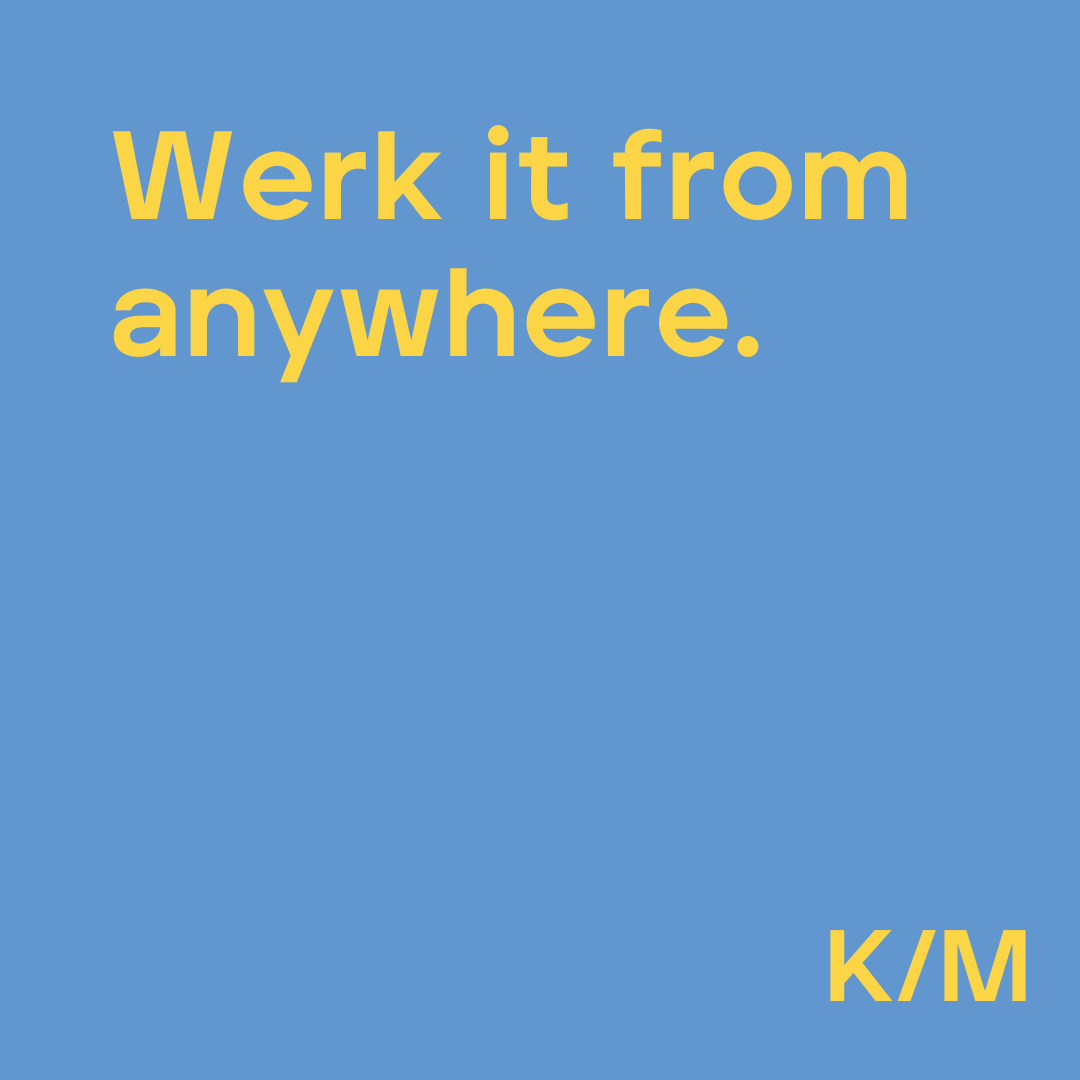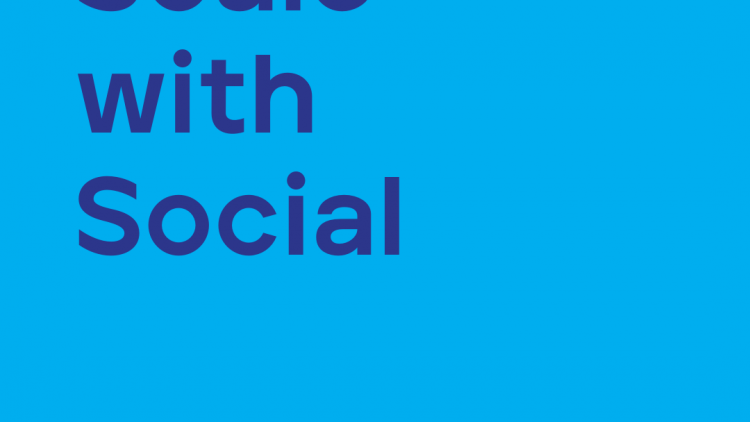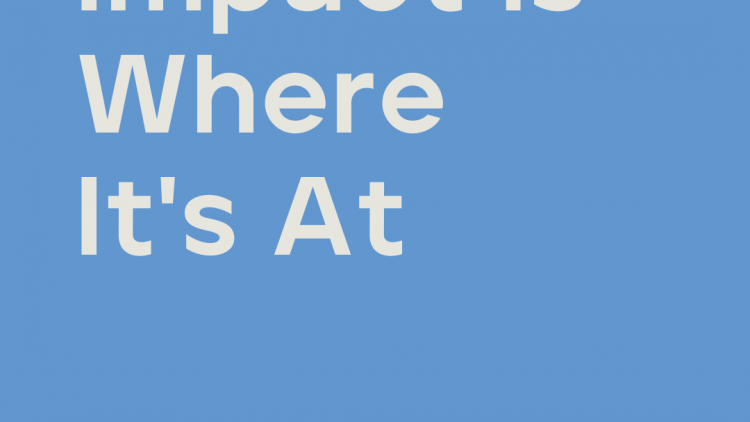In 2017, I was looking down the barrel of 2018 which meant I’d been running my marketing business for ten years.
Instead of throwing a party and looking back over the past decade, I decided to look forward to the future of work, and think about what 2018 – 2028 would be like.
I thought about what my business could and should look like, and what my clients would need.
It came to me pretty quickly that we all needed to be doing the best work of our lives, while creating our best lives.
I realised this was critical to recruitment. It dawned on me that I was recruiting the best people who were available to come to our Surry Hills office every day.
Why wasn’t I employing the best people in the world?
And why were people spending an hour on a bus, only to sit at a desk for eight hours with their headphones in?
Our office life is a hangover from the industrial age where it was all about factory work. Our bodies can work for eight hours straight but our brains can’t.
In January 2018, I made coming into the office voluntary and quickly realised that people never came into the office on a Monday, and would come in on a Tuesday to attend internal WIP meetings and catch up with each other. We would see people wander in and around the office for meetings on Wednesday and Thursday if they needed to be there and then we wouldn’t see them again until the following Tuesday.
What became clear is that people need a clubhouse to connect and collaborate but that you don’t need an office for creative ‘thinking’ or concentrating work.
Then along came 2020 and the pandemic. We were lucky because we already had great processes and the team was already working from anywhere (we didn’t use the word ‘remote’ because that feels too alone).
We were also able to bring in the ‘workcation’ where the team could work from anywhere, taking a few days off and then working for a few days.
Working from anywhere has worked for us but it also has its challenges. Our org chart looks like a petri dish with little bubbles all over it because some people are employees, others are part-timers or contractors, and some come in for a single project.
This makes it really tricky to run training and incentives. There is no standard ‘employee’. It’s not a traditional manager and employee set-up.
Within this structure, everyone needs to practice a form of radical self responsibility.
In this system, you’re the CEO of You Inc. You know what your career needs; what you need in life.
While the pandemic forced the ‘work from anywhere’ movement ahead ten years, not every business or employee will thrive in this system. Some businesses will stay the same because some people will stay the same.
For me, I say bring on the new way of working. I want to live and work all over the world. I want us all to live our best lives while doing our best work.



